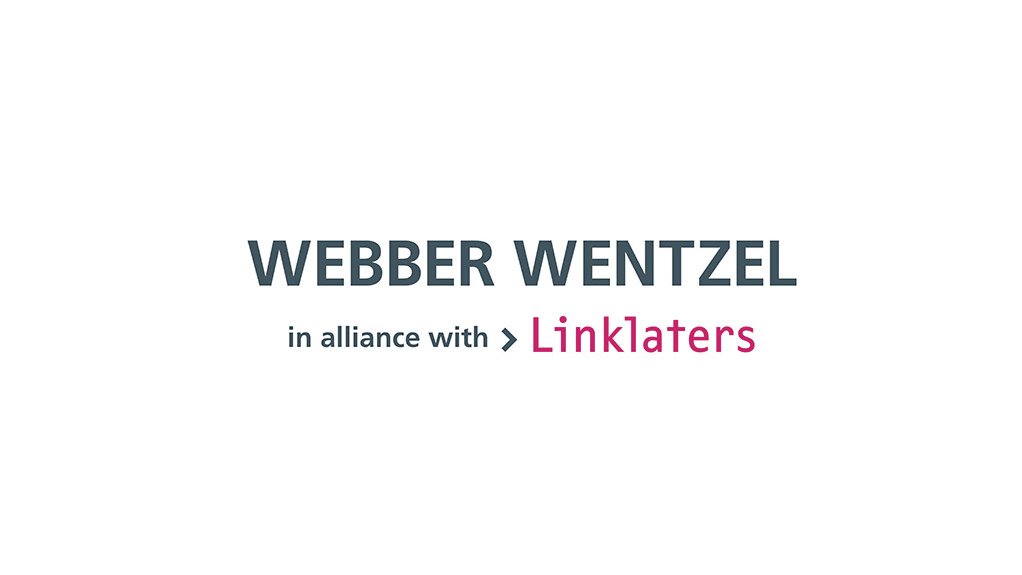In Knoetze v Botes, the High Court clarified the limits of exemption clauses in property sale agreements, commonly referred to as voetstoots clauses, particularly where the seller is also the developer and fails to disclose a latent defect.
The plaintiff, Knoetze sued the JRB Trust for damages following a fire that destroyed his townhouse. Expert evidence linked the fire to a construction defect: a timber roof truss had been embedded through the brick chimney wall, dangerously close to the steel flue pipe. This contravened building regulations and posed a severe fire hazard. Knoetze alleged that the defect was deliberately and fraudulently concealed by the seller at the time of sale.
The seller denied liability, relying on an exemption clause stating that the property was sold “as is”, and that Knoetze had waived all claims for latent or patent defects, as well as any reliance on representations or warranties made prior to the sale. Knoetze argued that the exemption clause was unenforceable due to fraudulent non-disclosure. He submitted that the JRB Trust's failure to disclose the defect induced him to purchase the unit on the terms agreed.
The court reaffirmed that, under established legal principles, a seller is obliged to deliver the thing sold free from defects. South African law consistently holds that a manufacturer will be deemed to be aware of defects in a product and liable for any consequential losses, regardless of whether the manufacturer claims expert knowledge or skill.
The court found no merit in the seller’s argument that Knoetze's inspection of the property precluded his claim. The latent defect was not one that could reasonably have been detected by an engineer or by a person of normal intelligence.
As a matter of law, a voetstoots clause does not shield a seller from liability for latent defects if the seller was aware of the defects at the time of sale and failed to disclose them. On the facts of this case, the court accepted that, if for no other reason than by virtue of being the developer, the seller’s knowledge of the defect must be presumed. The court concluded that the non-disclosure was therefore deliberate.
Moreover, the omission of the chimney from the approved building plans supported the reasonable inference that the defect had been fraudulently concealed by the seller at the time of sale. The court emphasised that it had never been put to any of the plaintiff’s witnesses that updated plans had been submitted to, or approved by, the municipality, further supporting the inference of concealment.
Importantly, the seller led no evidence to rebut Knoetze's case or to explain the omission.
The court reaffirmed that exemption clauses offer no protection where a seller, particularly a developer, deliberately fails to disclose a latent defect. The defendant was found liable for the plaintiff’s proven damages.
This judgment reinforces the principle that exemption clauses cannot protect sellers who knowingly fail to disclose serious defects. Notably, the court considered that a developer-seller will be presumed to know the construction details of what they build and sell. The ruling serves as a clear warning to developer-sellers that they cannot contract out of liability for defects they knew, or ought to have known, about at the time of sale.
Written by Sandra Sithole, Partner, Rethabile Shabalala, Senior Associate & Kimara Rampersad, Candidate Attorney at Webber Wentzel
EMAIL THIS ARTICLE SAVE THIS ARTICLE ARTICLE ENQUIRY FEEDBACK
To subscribe email subscriptions@creamermedia.co.za or click here
To advertise email advertising@creamermedia.co.za or click here











